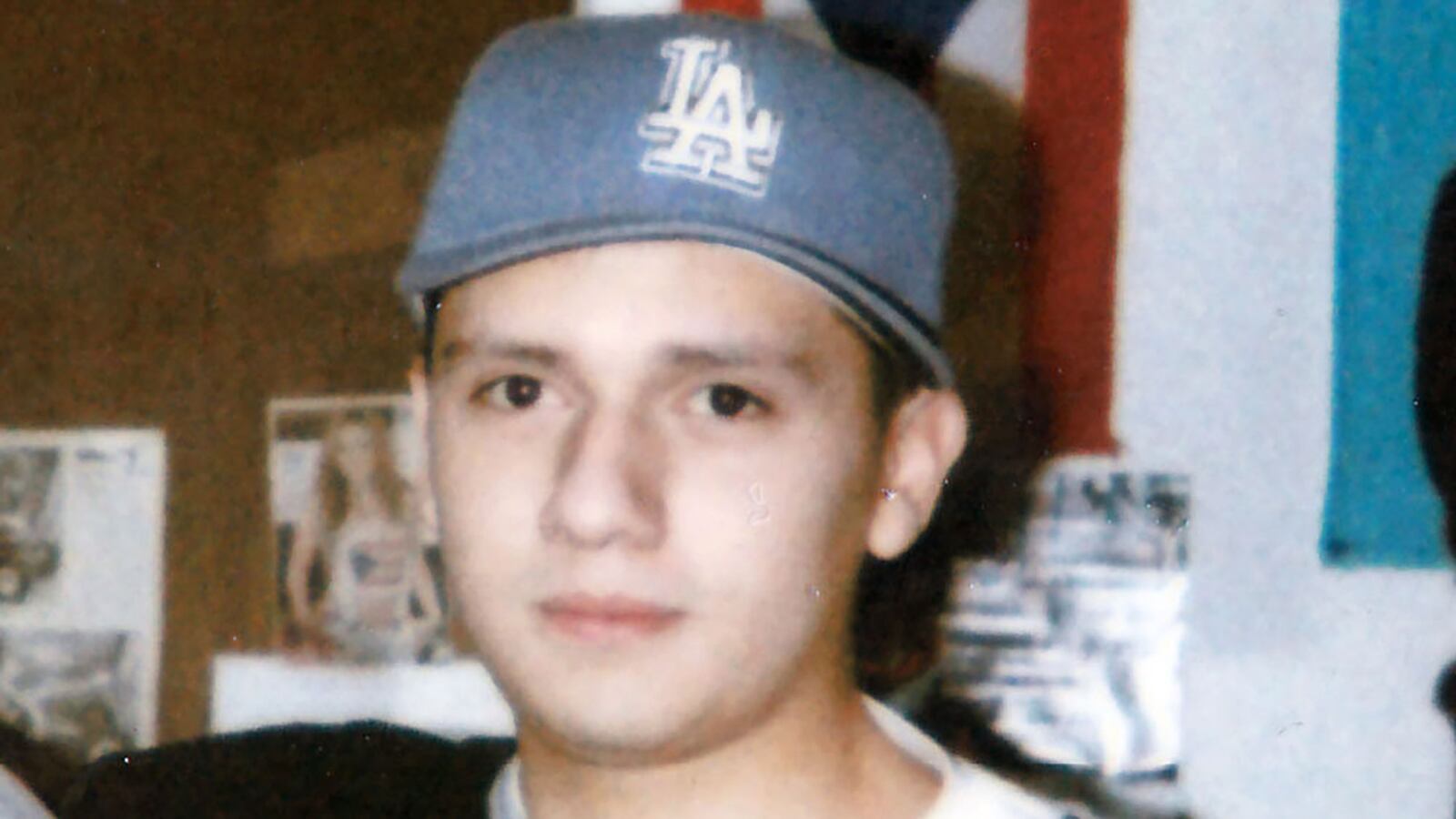A New York man who joined Al Qaeda and then became one of the U.S. government’s most valuable informants spent more than eight years in jail, most of it in solitary confinement. Now Bryant Vinas, 34, was finally sentenced this week after having already served the equivalent of a ten-year sentence and pleading guilty in 2009. Judge Nicholas Garaufis ruled that was almost enough, tacking on another 90 days.
Both prosecutors and defense attorneys agreed that Vinas’s extensive cooperation with the U.S. government meant he should get a lighter sentence than the guidelines recommended.
Prosecutors told Garaufis that they agreed he should get less than 30 years guidelines recommend, but added that they worried Vinas character had changed in recent years, that he had become more reticent and withdrawn.
That’s because of how the government treated him, Vinas’ attorney responded. Defense attorney Steven Zissou said Vinas spent “almost ten years in a secure facility,” in near-constant solitary confinement, and was promised the case would be over “next year, next year” by prosecutors.
The Long Island native was raised Catholic but converted to Islam in 2001, according to court filings. He briefly joined the army, but was kicked “because superiors believed he was suicidal.” Instead, he began watching beheading videos and traveled to Pakistan after failed attempts to go to Chechnya and Iraq.
In Lahore, he joined a local extremist group and participated in a mortar attack against U.S. troops, even almost becoming a suicide bomber. In 2008, he joined Al Qaeda and participated in two attempted attacks against U.S. bases. He also fed them ideas for attacking the United States, including plans to attack WalMart and the Long Island Railroad.
Vinas was arrested by Pakistani authorities in November 2008 and transferred to U.S. custody ten days later, where he began cooperating almost immediately.
A heavily redacted government memorandum nonetheless shows the key aid Vinas provided in prosecutions and intelligence gathering.
“To say that the defendant provided substantial assistance to the government is an understatement,” prosecutors wrote in their memorandum. “Indeed, he may have been the single most valuable cooperating witness available to the government and law enforcement agencies with respect to al-Qaeda and associated topics related to the time period in which Vinas travelled to and was operational in Afghanistan and Pakistan between 2007 and 2008.”
They said they’d interviewed him 100 times and shown him about 1,000 photographs. His insights and knowledge helped close as more than 30 government investigations.
Vinas testified against aspiring subway bomber Adis Medunjanin, which prosecutors said provided “critical context and background information.”
Prosecutors acknowledged Vinas was risking his own life by cooperating.
“Terrorist organizations such as al-Qaeda have publicized the fact that they may target individuals who betray or cooperate against them,” they wrote.
Vinas’ lawyers said that he is set on continuing cooperation with law enforcement, but deserves a chance “live the American dream again.”
Vinas delivered a short statement apologizing in open court.
“To say that I am remorseful would be an understatement,” Vinas said. “I had the idea of being a counterterrorism expert for many years,” but if that doesn’t work out, “I will go into some kind of construction trade to earn a blue-collar living.”
Garaufis agreed that it was time to let Vinas out, albeit with the promise of lifetime supervision. Vinas has to steer clear of terrorists and organized crime, receive mental health treatment, and cooperate with the government on future cases, among other conditions.
“Mr. Vinas?” the judge asked at the end of the hearing.
“Yes, sir?”
“Good luck.”






